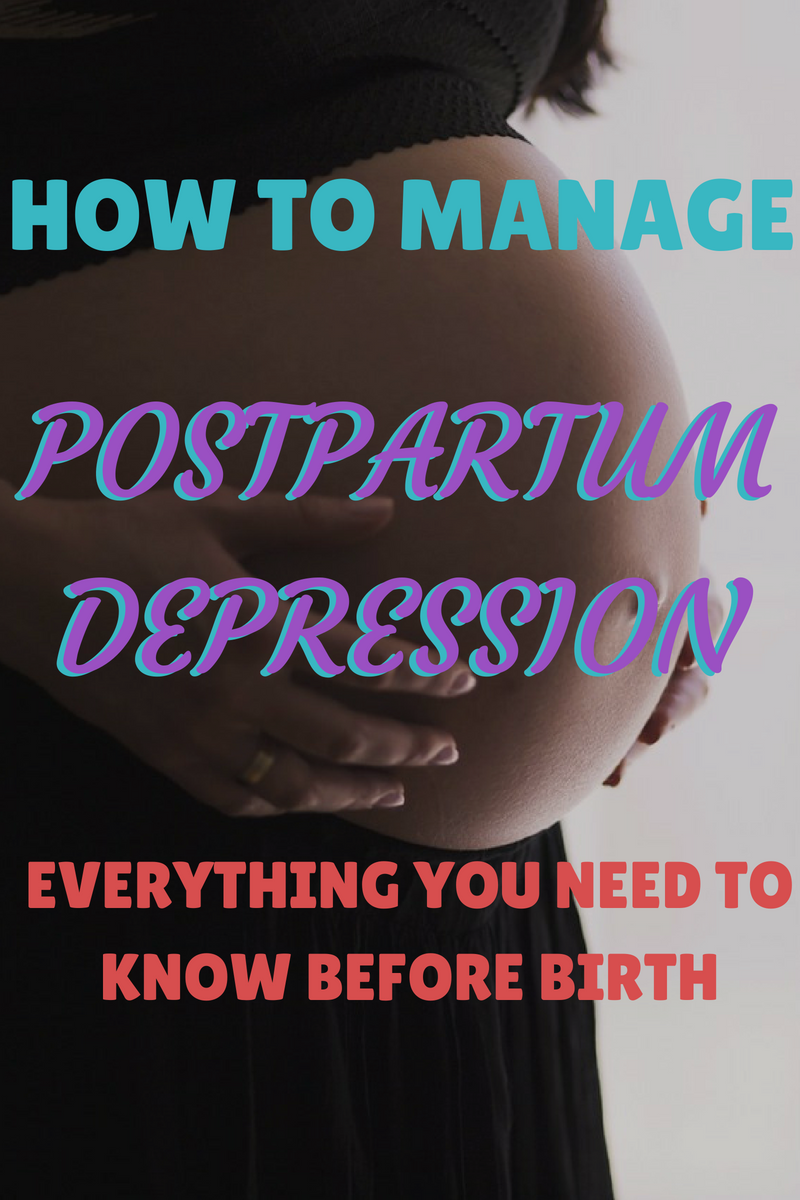Learning Something More About Postpartum Depression
Postpartum Depression is a particular form of disorder that affects some women from the 3rd or 4th day depending on the pregnancy. Which can last several days, manifesting in some cases as a real depression, accompanied by forms of psychosis.

Over 70% of mothers, in the days following birth, manifest mild symptoms of depression.
Usually in a form that the pediatrician and British psychoanalyst Donald Winnicott called “baby blues”.
With reference to the state of melancholy (“blues”) that characterizes the phenomenon.
It is a rather common crisis in which crying crises are found without apparent reasons, irritability, restlessness, and anxiety that tend to disappear within a few days. The phenomenon is found in about 10% of women who have just given birth. With an increase of 30% if they were affected by the same depression, during a previous birth.
Symptoms
The percentage increases significantly in the presence of women who have already experienced in the past mental disorders of various kinds. The duration of the symptoms varies from a few weeks to a year, with risks of subsequent reappearance and the treatment consists of the administration of antidepressants (with consequent interruption of breastfeeding) and with psychotherapy, to be continued even after the disappearance of symptoms.
The symptoms of “Postpartum Depression” are far more serious and lasting.
⦁ Indolence
⦁ Fatigue
⦁ Exhaustion
⦁ Despair 
⦁ Lack of appetite
⦁ Insomnia or excessive sleep
⦁ Confusion
⦁ Crying for no reason
⦁ Disinterest in the child
⦁ Fear of hurting the child or herself
⦁ Rapid mood swings
Medical science has not yet provided the definitive explanations of the cause.
Although some studies imply the appearance of “postpartum depression” in hormonal changes in women, more particularly in the decline of estrogen and progesterone, with a high statistic of cases among women who experience severe discomfort in the premenstrual phase.
In reality, there are many factors contributing to the appearance of “postpartum depression”, mostly of psychological origin. The symptomatology of postpartum depression can manifest itself in a mild form and disappear within a few days, but if a specialist’s intervention is lost, it is in its most serious pathology, called “postpartum psychosis”.
Warning Signs
Indifference: already in the hours following childbirth, the new mother is completely indifferent towards the child. She does not want to hold him up, cuddle, attach him to her breast.
Sadness and anger: although the hormonal upheaval does not play in favor of the new mother and sudden and unmotivated crying are absolutely justifiable and normal, a state of sadness and permanent anguish, tears continue, tears protracted in time are certainly the signal that something is not going as it should.
A sense of inadequacy: that a new mother does not feel ready to face all that the care of a child involves is sacrosanct and legitimate. When, however, the sense of inadequacy leads to an inertia that paralyzes the mother from taking any action to care for the baby, it is clear that there is a deeper problem to face and resolve.
Annoyance: some mothers are annoyed by the presence of their child.They don’t feel towards that little screaming any tenderness and sense of protection, but they are totally annoyed, living the kid’s presence in the house as an intrusion.
Natural Help
As always, nature provides us with a natural help that, depending on the severity of the problem, can help us to completely overcome the pathology or in any case to integrate other types of interventions.
A widely used plant called Moringa Oleifera, native to tropical and sub-tropical areas. Has over 92 natural  nutrients, allows the body to regain a regular psycho-physical balance in a completely natural way.
nutrients, allows the body to regain a regular psycho-physical balance in a completely natural way.
Moringa Oleifera is a completely natural anti-stress reliever. By regulating hormone levels and facilitating rest, it’s the most suitable natural remedy. Which can help recover the psycho-physical balance lost after delivery.
In addition, the analyzes carried out on the plant shows its ability to reduce stress. Moringa contains tryptophan, an amino acid that serves the body to produce serotonin, the famous hormone of good humor.
The tip: A good nutrition, rich in vitamins and nutrients, always has a great beneficial effect on PostPartum Depression.
